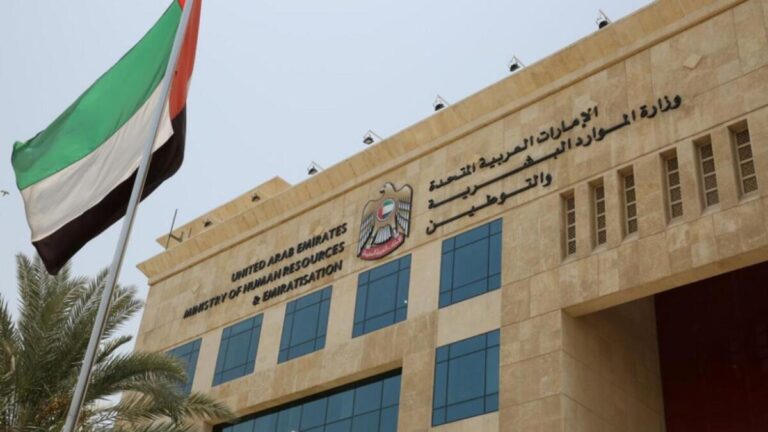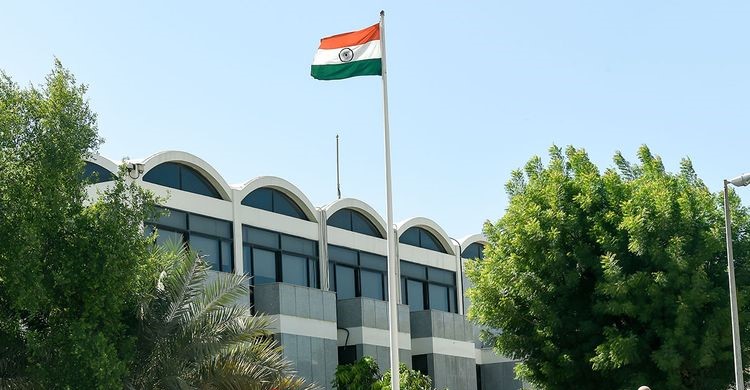Understanding The Article 127 of UAE Labour Law
In the United Arab Emirates (UAE), the Labour Law is an important piece of legislation that governs the relationship between employers and employees. One of the key provisions of this law is Article 127, which deals with the calculation of end-of-service gratuity for employees. In this blog post, we will explain Article 127 in simple terms to help you understand how end-of-service gratuity is calculated under the UAE Labour Law.
Article 127 states that an employee who has completed one year or more of continuous service is entitled to an end-of-service gratuity upon termination of their employment contract. The gratuity amount is calculated as follows:
- For employees paid on a monthly, weekly, daily, or hourly basis: The gratuity is calculated based on the last wage received by the employee. The calculation is as follows:
- 21 days’ wages for each year of the first 5 years of service.
- 30 days’ wages for each additional year of service beyond the first 5 years.
- For employees paid on a piece-rate basis: The daily wage shall be determined by dividing the total wage for the last 6 months by 182 (the number of days in a year). The gratuity is then calculated based on this daily wage.
- For employees paid on an annual or commission basis: The daily wage is calculated by dividing the total annual wage or commission by 365. The gratuity is then calculated based on this daily wage.
It is important to note that the total gratuity amount cannot exceed the wages of two years of service, regardless of the length of the employee’s service.
In conclusion, Article 127 of the UAE Labour Law governs the calculation of end-of-service gratuity for employees in the UAE. Understanding this provision is important for both employers and employees to ensure that the gratuity amount is calculated correctly and that the rights of both parties are protected under the law.







